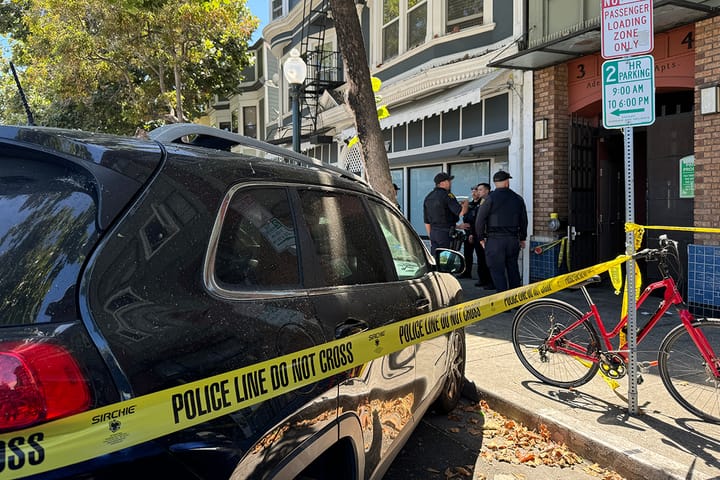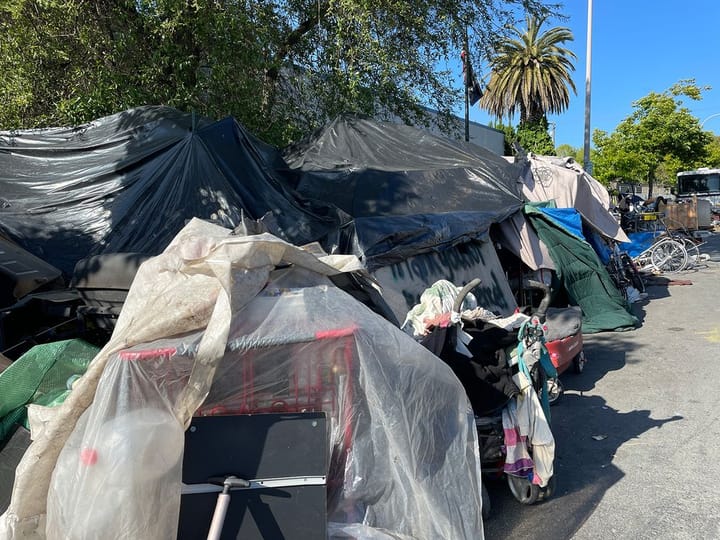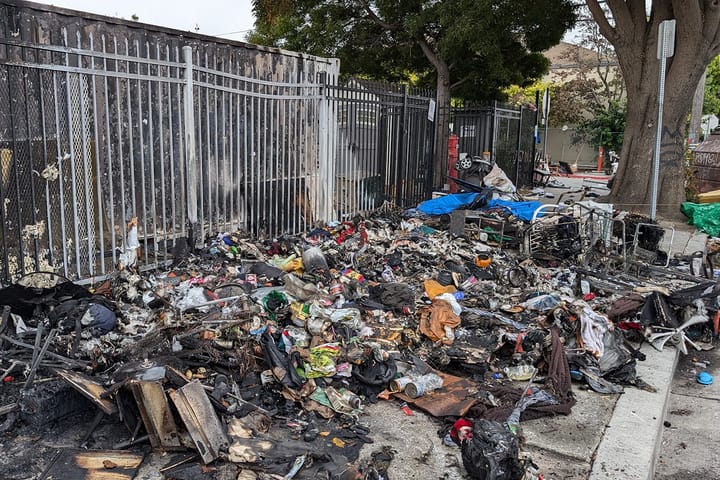Update: New Berkeley security cameras have been approved
That would bring the number of locations where the city has surveillance cameras to 11, with 18 more in the pipeline pending further review.
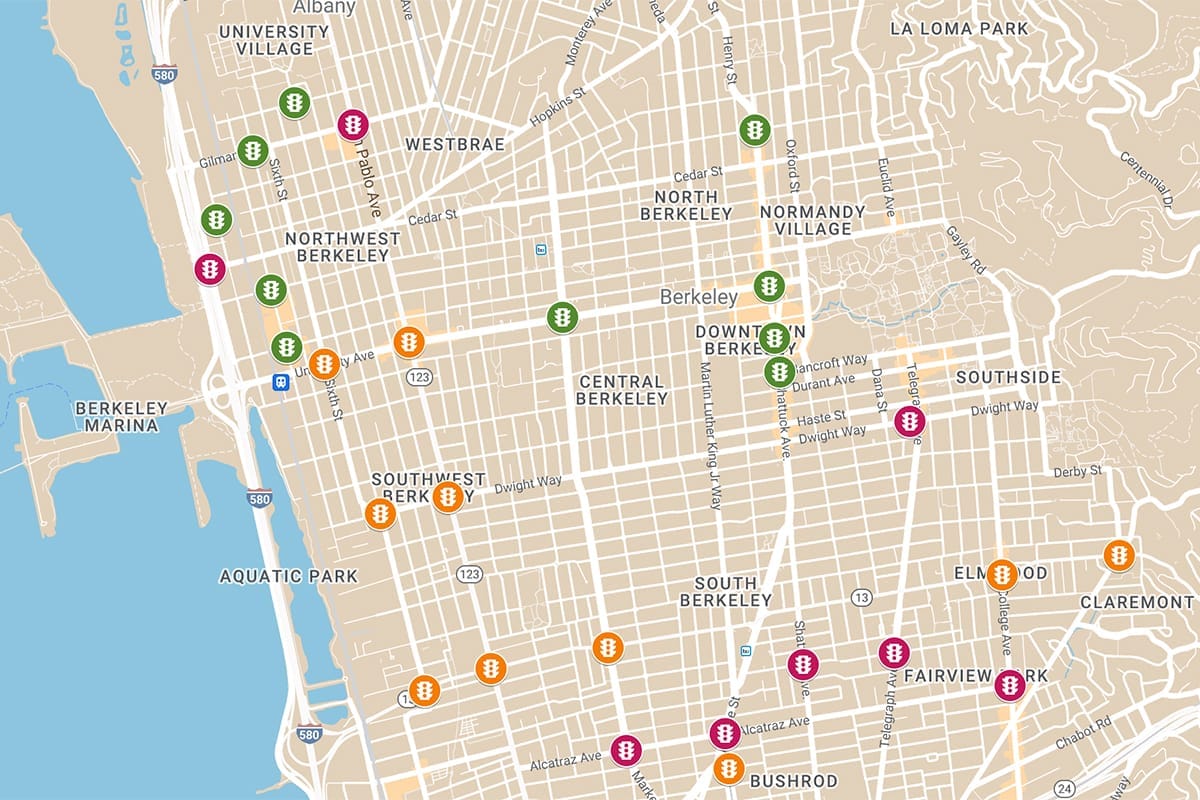
Update, June 29: The Berkeley City Council has approved the $850,000 contract to install new surveillance cameras at 15 locations. See Item 40 for agenda materials.
Update, 5 p.m. The city has decided to pull the security camera item "to provide greater clarity." The plan is to bring it back before the City Council on June 25.
Original story: The city of Berkeley may have nine new security cameras by the end of the month if the City Council votes yes Tuesday night on the contract for their installation.
That would bring the number of locations where the city has surveillance cameras to 11.
Cameras maintained by the city are already in place at San Pablo Park as well as at the intersection of University Avenue and Sixth Street.
The cameras are not monitored live due to concerns about surveillance. But Berkeley police can review recorded footage to help solve crimes.
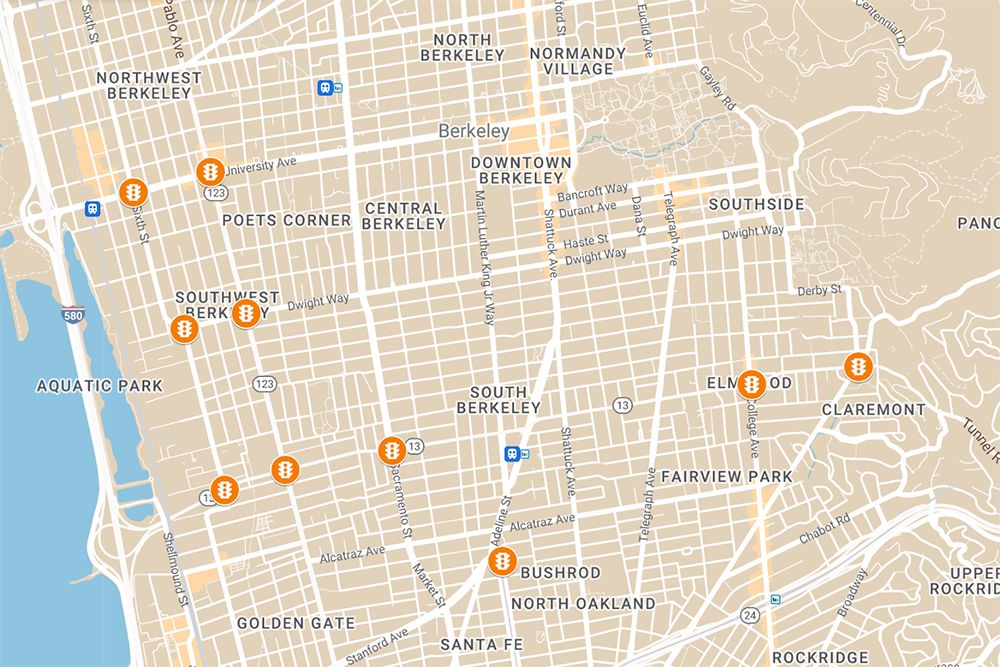
The contract with Edgeworth Integration, LLC, to buy and install the new cameras is set to cost $750,000, according to the agenda item.
(Edgeworth also installed the existing cameras, the city said.)
The new cameras will be mounted at key intersections where authorities hope they will catch people entering and exiting Berkeley: on Ashby Avenue, Dwight Way, University Avenue, San Pablo Avenue and Martin Luther King Jr. Way.
Last year, officials said they would review the locations periodically to determine whether they were effective.
Berkeley's Public Works Department will oversee the security cameras and be in charge of their maintenance, according to the staff report from Public Works Director Terrance Davis.
"Security camera footage would be used … for the purpose of solving criminal investigations," he wrote. "The cameras are not intended and would not be used for continuous surveillance purposes nor will [they] contain License Plate Reader technology or software."
The cameras can also be used to investigate serious traffic collisions and reports of police misconduct as well as in the case of critical incidents and natural disasters, officials said previously.
The Berkeley City Council unanimously approved the new cameras almost a year ago in response to a council recommendation dating back to 2021.
In January, a council majority put 18 more cameras in the pipeline pending further review.
That night, Councilwoman Kate Harrison resigned and left before the vote and Councilwoman Susan Wengraf had an excused absence. Councilwoman Sophie Hahn abstained from the vote.
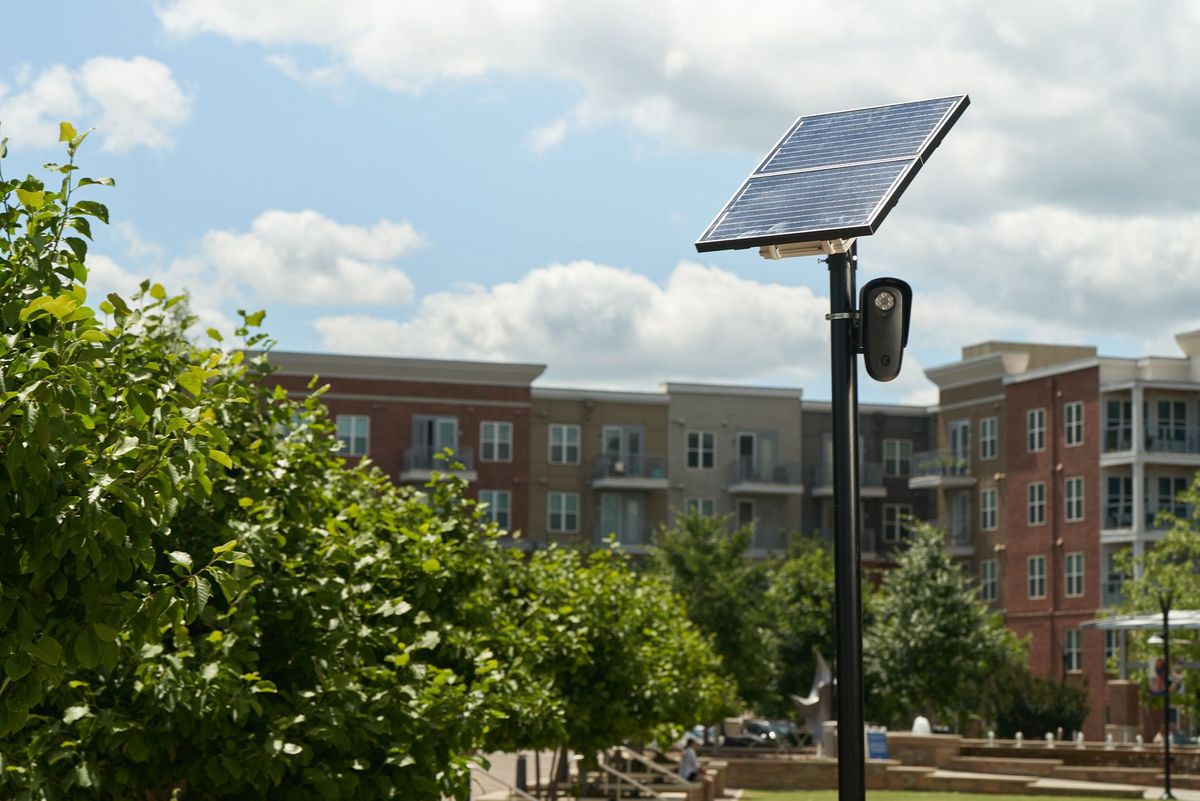
In July of last year, a council majority also approved automated license plate readers (ALPR) in Berkeley, but those have not been installed yet either.
Councilman Ben Bartlett was the lone no vote on the license plate readers, while Councilwoman Sophie Hahn abstained. Councilwoman Kate Harrison was absent that night due to illness.
In October, officials awarded Berkeley's ALPR contract to Flock Safety.
According to a recent off-agenda memo about the ALPRs, "Public Works is currently reviewing the structural calculations and traffic control plans prepared by Flock Safety, our vendor. Approval of these plans is expected shortly."
Once that's done, the City Council would be charged with reviewing those plans, with installation expected 4-6 weeks after approval, according to the memo.



